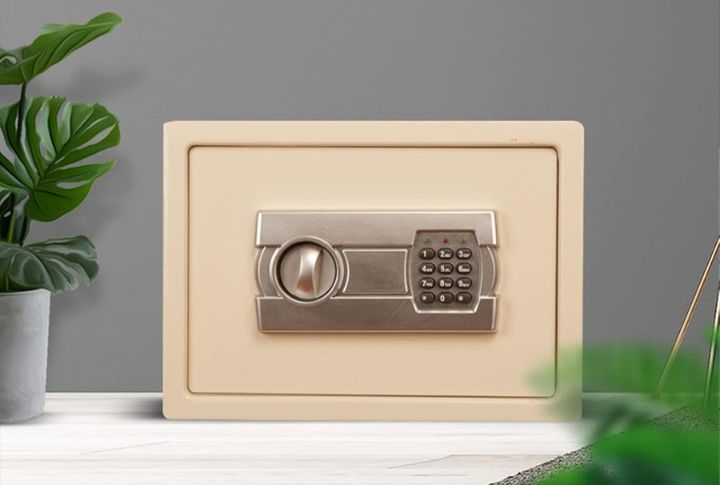
Locking things away might feel like the ultimate form of security, but some objects just don’t belong in your safety deposit box. In fact, stashing the wrong items can lead to loss or unnecessary complications when you need them most. Knowing what not to store is just as important as knowing what to protect. Do you want to check whether you’re keeping the right thing in your vault? Keep reading to make smarter deposit box decisions.
Cash
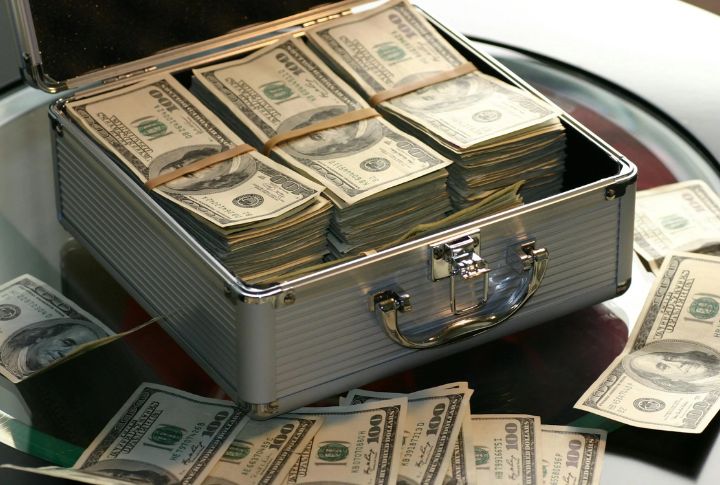
Holding cash in a vault might seem smart, but it’s quietly costing you. Inflation doesn’t pause, and idle cash earns zero interest, whereas a secure bank account gives you insurance and even a little growth. So, keeping large sums locked away leaves it open to risk and not reward.
Original Will
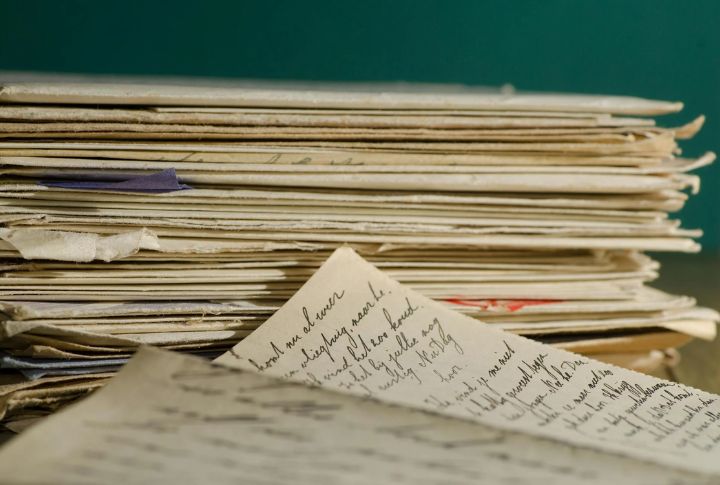
You don’t want your final wishes held hostage because of a forgotten keycode, right? Most of the time, probate courts need the original copy to move forward, and if you can’t find it fast, the whole process can stall. To avoid secrecy, make sure to give it to someone you trust, or better, store it with your probate specialist.
Hazardous Materials
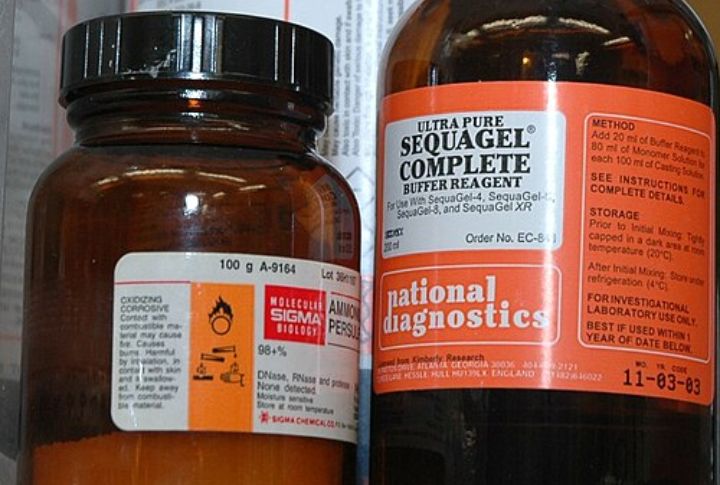
Throwing dangerous materials into a safe is a disaster that can happen anytime. As these spaces aren’t made to handle chemicals or flammables, trapped fumes or rising temperatures could trigger a serious incident. Consider not storing risky substances in a vault, and you can also consult a specialist if you’re unsure how to store them properly.
Passport
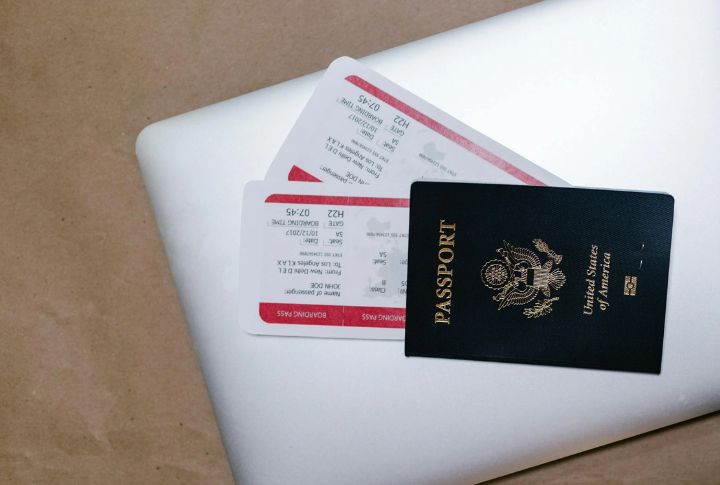
Travel emergencies don’t wait, and if you usually keep your passport locked in a vault, there is a high chance of you forgetting it there. Keep it secure by storing it in an easily accessible drawer where you’ll be glad you did when an unexpected trip comes up. Safety deposit boxes are great for long-term storage, but your passport should always be within easy reach.
Frequently Used Keys
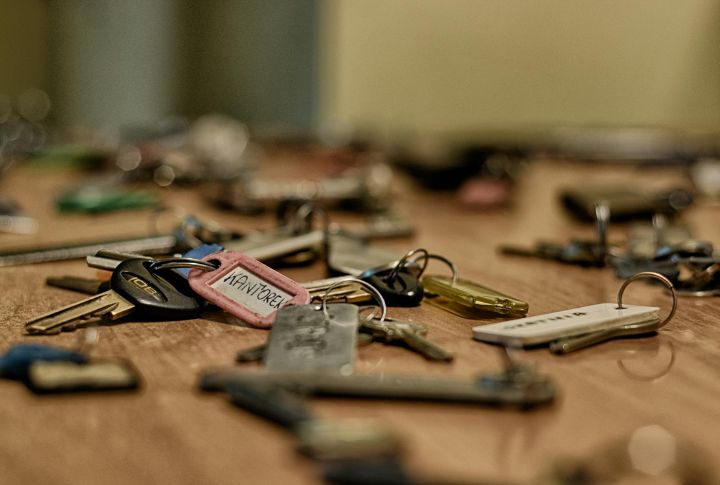
Home or car keys deserve better than being buried behind a deposit box door. Because they’re essentials of your daily life, you must keep them somewhere easily accessible and not like treasures for better storage. As locking them away turns a simple task into an annoying chore, keep them in a spot you can count on.
Final Letters Of Instruction
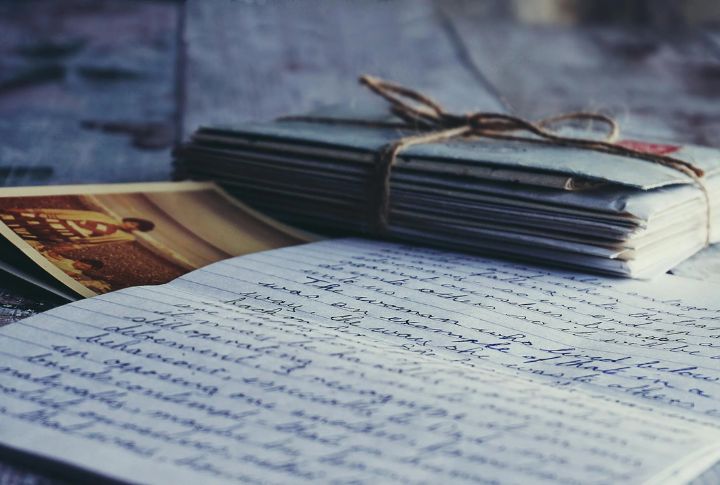
Final letters of instruction are meant to help your loved ones when you’re no longer around. But if you’ve locked them away in a safe with a password that nobody knows, no one will find them in time. Keeping these important instructions with you is a wise decision, but make sure your family knows exactly where to look when it truly matters.
Digital Devices Or Hard Drives
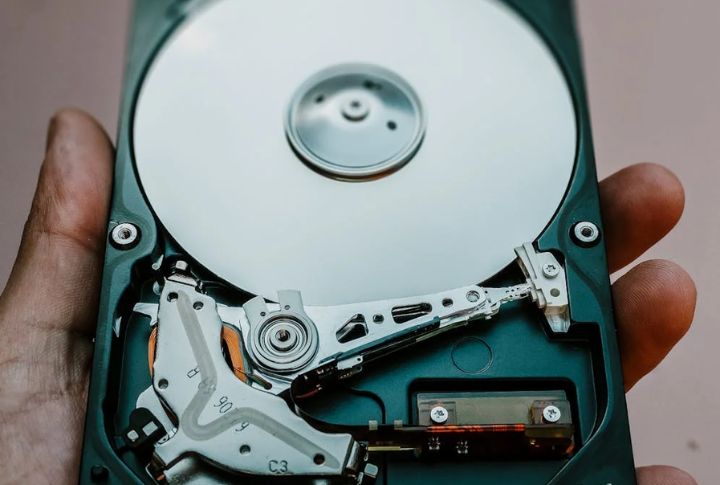
That external drive may contain years of personal data, but locking it up in a vault makes quick access nearly impossible. Whether it’s for a legal case or a creative project, if it’s something you’ll need on demand, it belongs somewhere more reachable (and preferably backed up in more than one place).
Highly Valued, Irreplaceable Sentimental Pieces
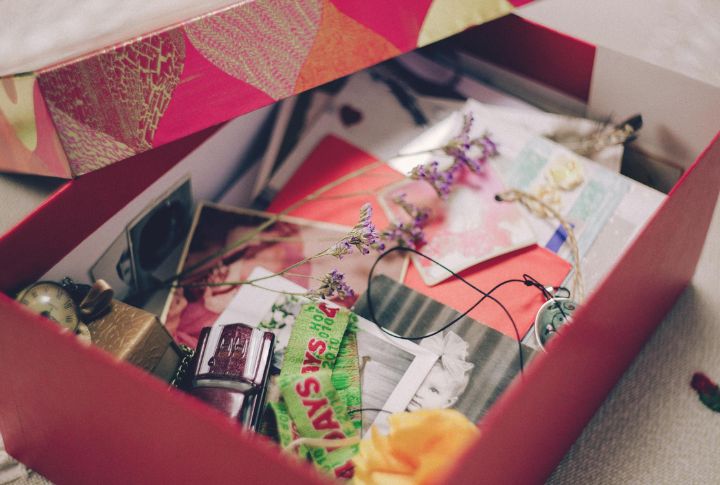
Why tuck away the very things that make you smile? Sentimental pieces like letters, photos, or heirlooms are meant to be revisited. When you store it out of sight, you forget its essence. Store it where it’s easy to reach so you can cherish and let those beautiful memories do what they’re meant to do.
Power Of Attorney
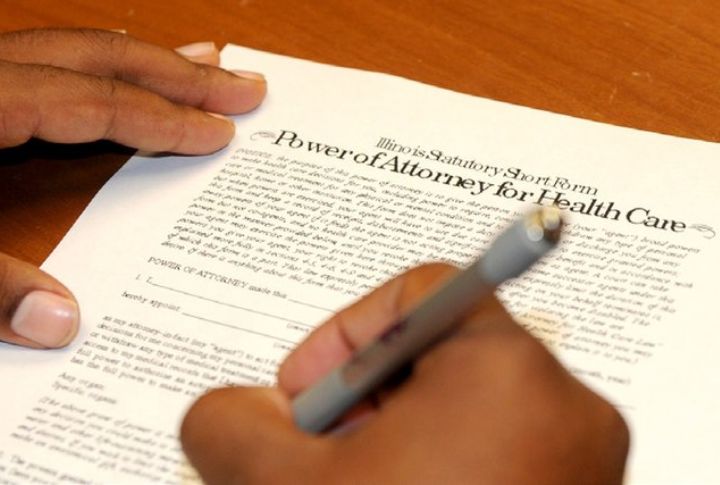
In an emergency, minutes matter, and because a Power of Attorney holds high importance, it shouldn’t be locked in a deposit box. It’s not just a form; it’s the authority someone needs to act on your behalf. If you have it locked, take it out and place it in a convenient location, and make their job and your life easier.
Weapons Or Ammunition
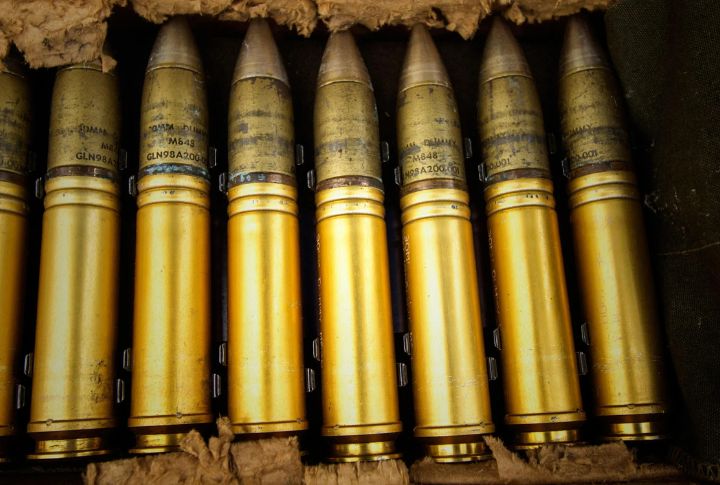
Safety deposit boxes aren’t designed to store firearms or ammunition. Not only is it against many bank policies, but it’s also a potential safety hazard. If you must store them, use a certified gun safe at home that allows secure yet lawful access and meets local legal requirements.
